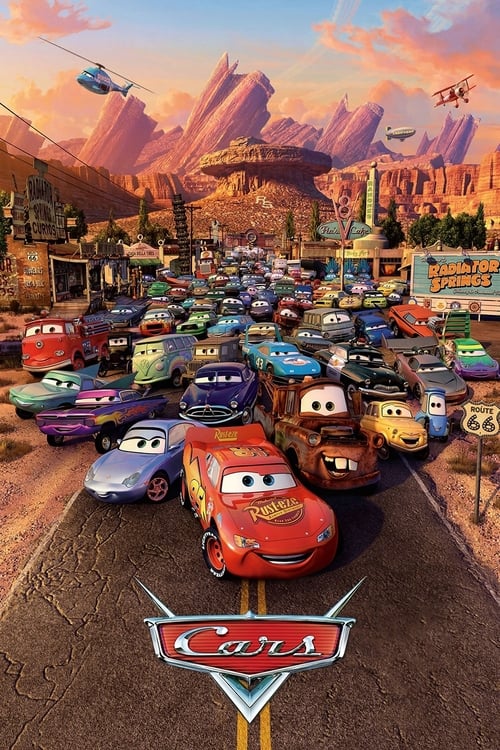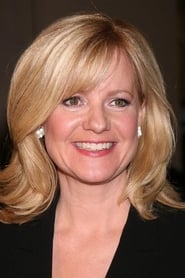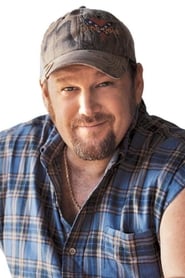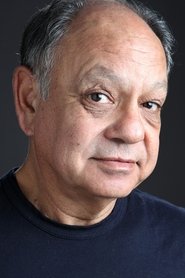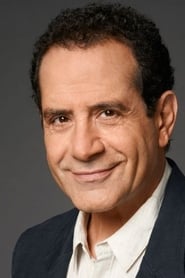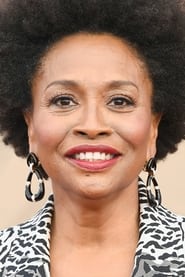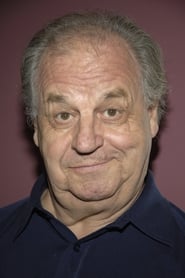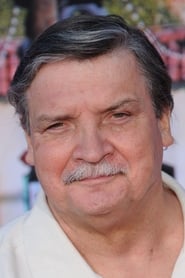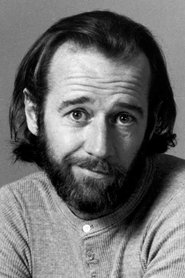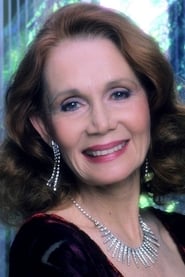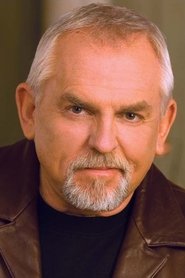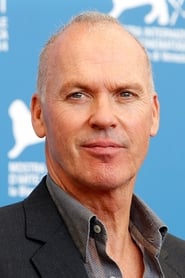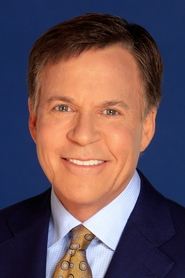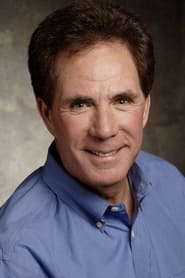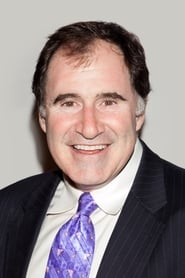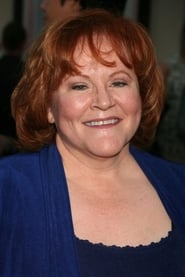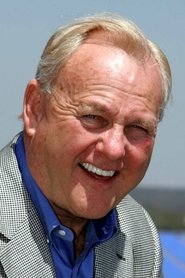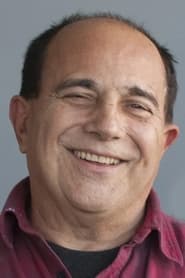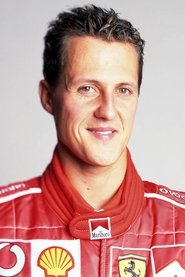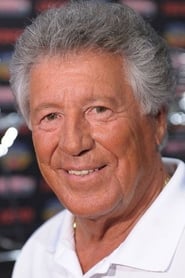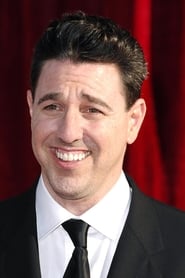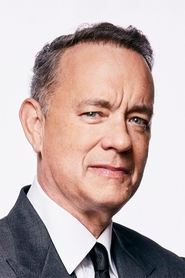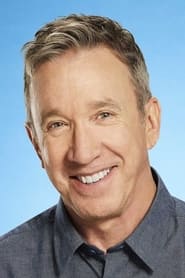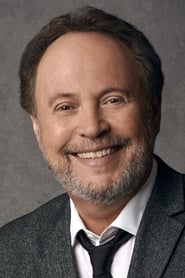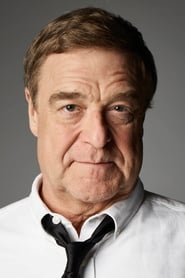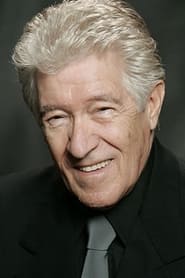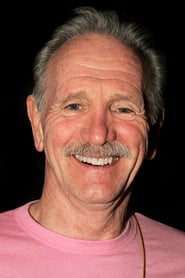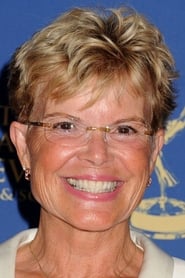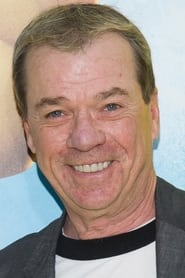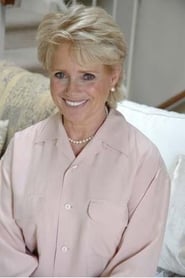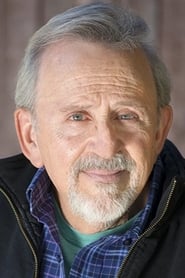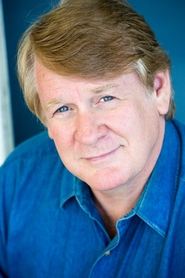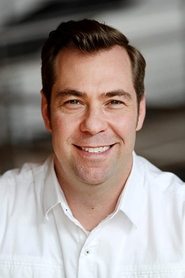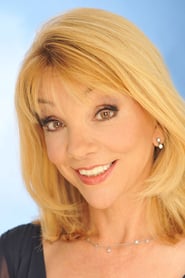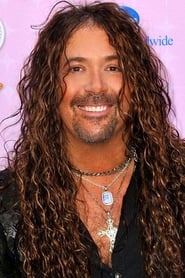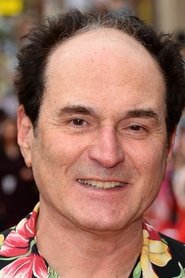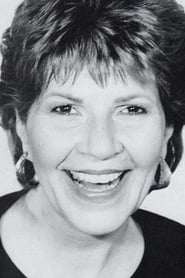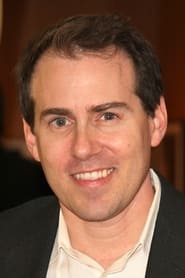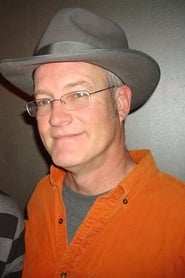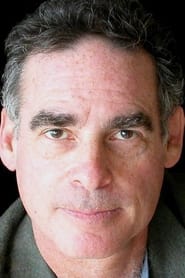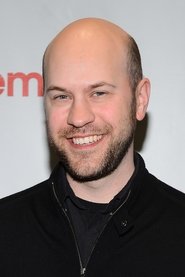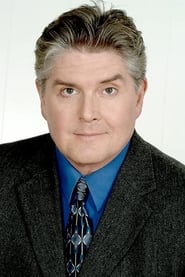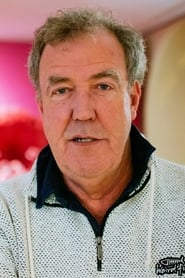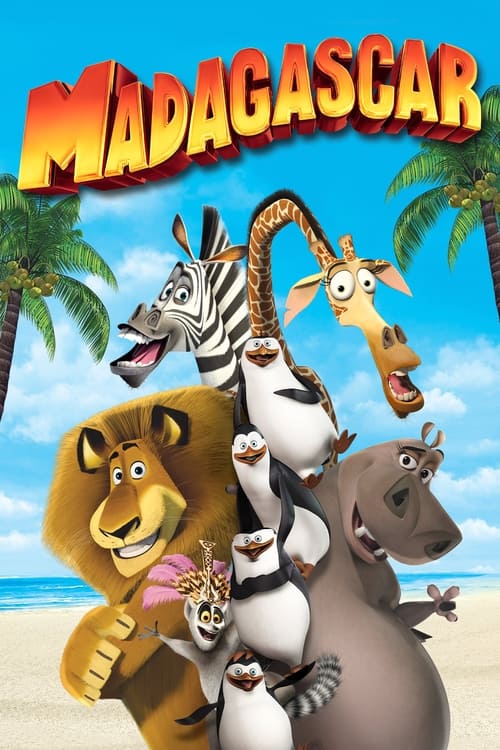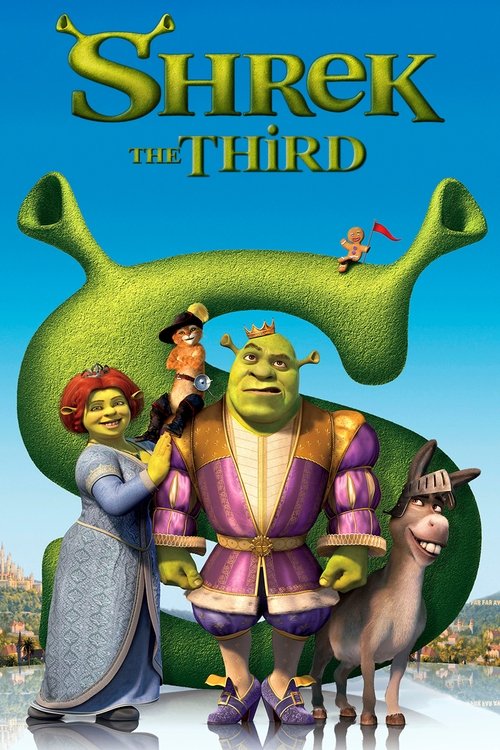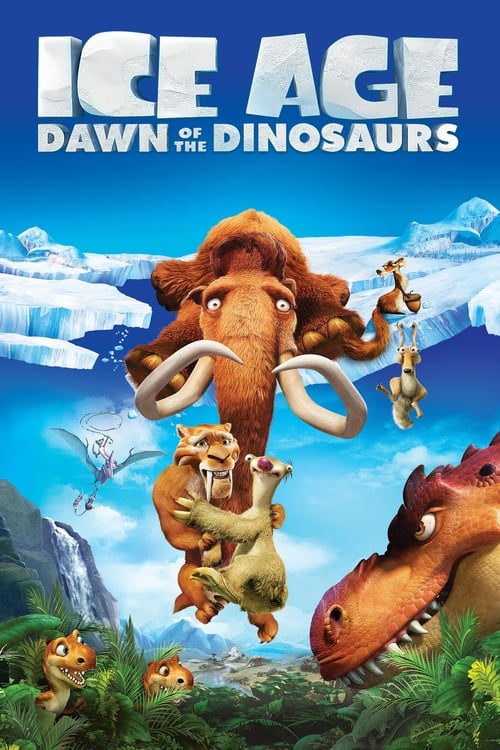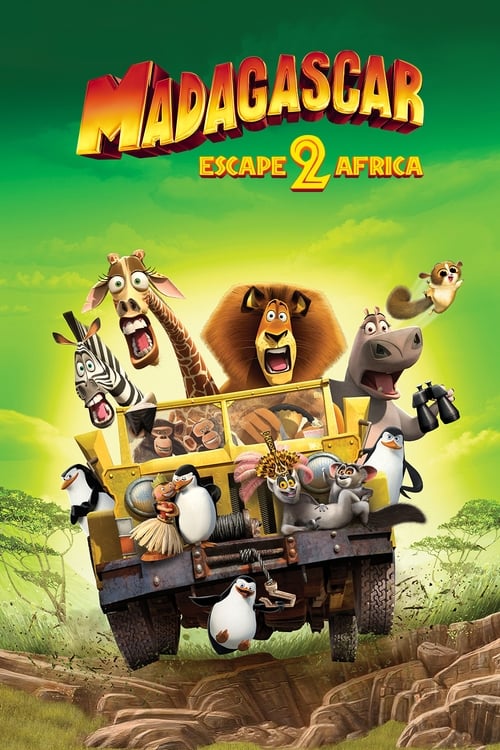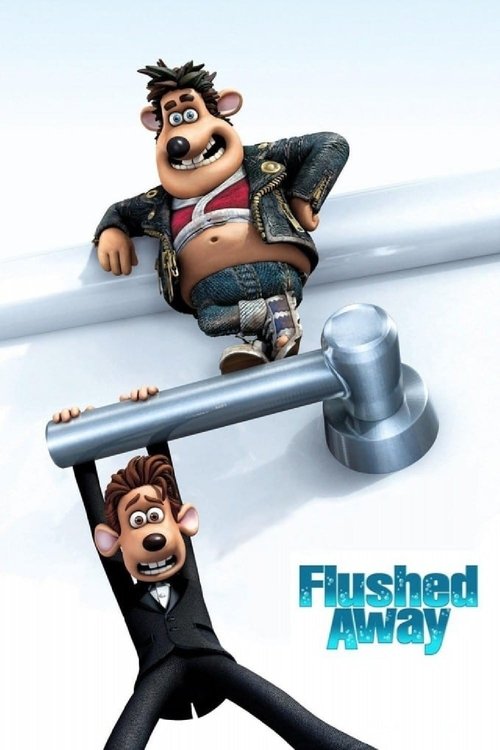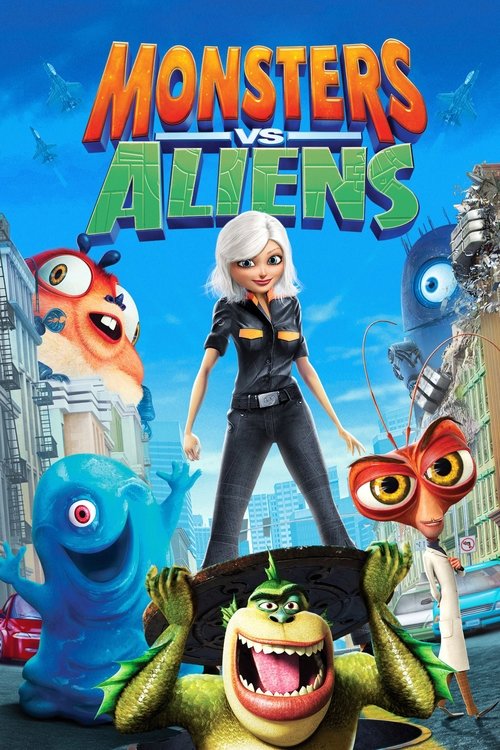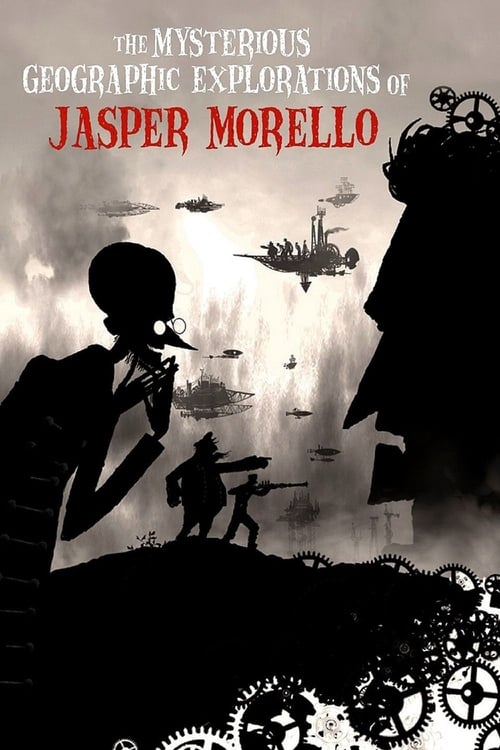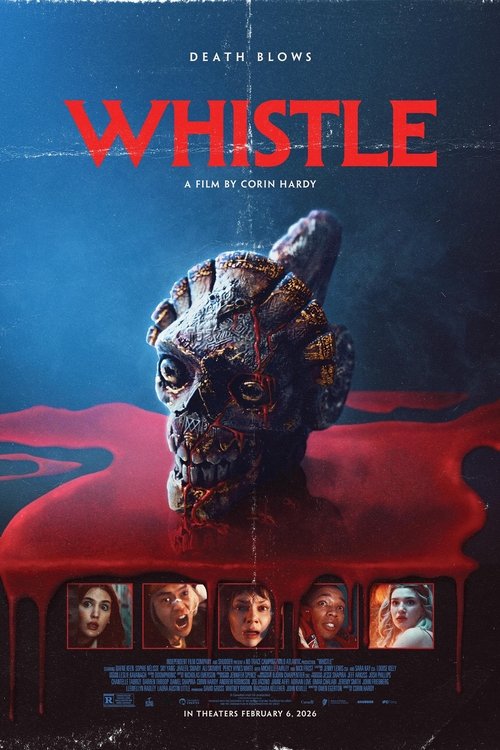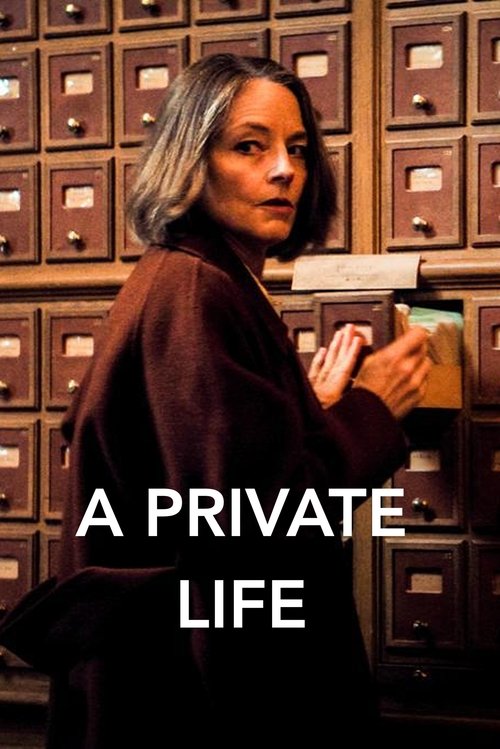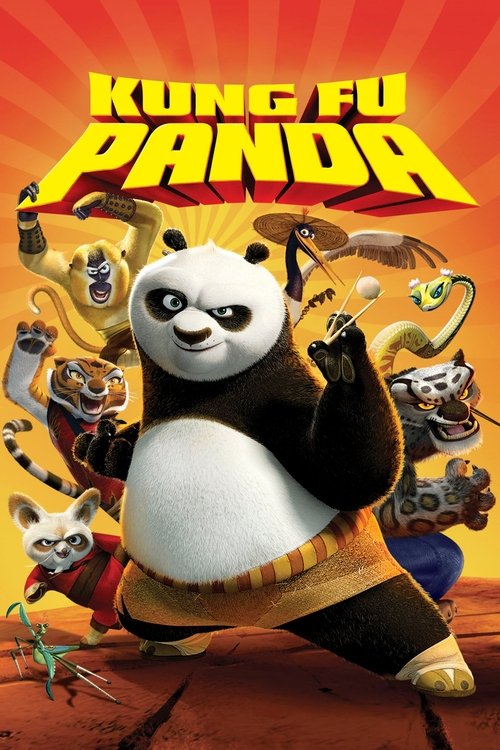
Ask Your Own Question
What is the plot?
The story of Cars (2006) opens amid the roaring engines and thunderous cheers of the Dinoco 400, the climactic race of the Piston Cup season. Three racers--Lightning McQueen, a cocky rookie with the number 95 emblazoned on his sleek red body; Strip "The King" Weathers, a seasoned seven-time champion known for his dignified style; and Chick Hicks, a cunning and aggressive competitor--are locked in a tight points race. Lightning, brimming with youthful arrogance, repeats his mantra, "I am speed," and boasts, "I eat losers for breakfast," embodying his relentless drive to win and secure the prestigious Dinoco sponsorship, which would elevate him beyond his current Rust-eze backing.
The race itself is a high-octane ballet of speed and strategy, with Lightning initially taking the lead. But his refusal to heed his pit crew's advice to change tires proves costly. His rear tires blow out spectacularly on the final lap, sending him skidding off the track. The race ends in a historic three-way tie, setting the stage for a decisive tie-breaker at the Los Angeles International Speedway one week later. Lightning's dreams hang in the balance, and the pressure to make it to California on time is immense.
That night, Lightning rides in his transport truck, Mack, speeding westward across the interstate highway. Exhausted, Mack falls asleep at the wheel, and Lightning is accidentally ejected from the trailer, landing alone in the middle of the desert. Disoriented, he finds himself in Radiator Springs, Arizona, a forgotten town along historic Route 66. The town is a dusty, rundown place, its glory days long past since the interstate bypassed it. Radiator Springs is inhabited by anthropomorphic vehicles who embody the spirit and history of the town.
Lightning's arrival is anything but graceful. In his frantic search for Mack, he tears through the town's main road, leaving a gaping crater in the asphalt. The damage is severe, and the town's judge, Doc Hudson, a stern and bitter old car with a deep voice and commanding presence, immediately sentences Lightning to community service: he must repave the road he destroyed. Doc is a no-nonsense figure, supervising Lightning's work with a critical eye. The townsfolk watch with a mix of curiosity and skepticism.
Among the residents is Mater, a rusty but good-hearted tow truck who quickly befriends Lightning with his homespun wisdom and infectious enthusiasm. Sally Carrera, a sleek blue Porsche who runs the local motel, exudes charm and warmth, and soon catches Lightning's eye. The tire shop is run by Luigi, a lively yellow 1959 Fiat 500, and his assistant Guido, a small, blue forklift who speaks only Italian but is a master at tire changes. Ramone, a smooth-talking 1959 Chevrolet Impala Lowrider, offers custom paint jobs, while Flo manages the gas station and café, and Fillmore, a hippie-style Volkswagen bus, sells organic fuel. The town's law enforcement is handled by Sheriff, a 1949 Mercury Eight Coupe, while Sarge, a military jeep, runs a surplus store. The quiet fire engine Red adds to the town's character with his gentle presence.
At first, Lightning is dismissive and impatient, eager only to get back on the road to California. He refuses the help offered by Luigi, Fillmore, Ramone, and others, frustrated by his forced stay. But as days pass, the slow pace of Radiator Springs and the genuine kindness of its residents begin to chip away at his arrogance.
A pivotal moment arrives when Lightning discovers Doc Hudson's secret: Doc is none other than the legendary Hudson Hornet, a three-time Piston Cup champion whose career ended abruptly after a devastating crash. Doc's bitterness stems from that accident and his early retirement, which left him disillusioned with racing and wary of Lightning's brashness. Their confrontations are tense and revealing. Doc challenges Lightning's selfishness, accusing him, "You think you're the only one who's ever had to win. But winning isn't everything." This forces Lightning to confront his own flaws and consider the value of humility and community.
As Lightning toils to repave the road, he gradually forms genuine friendships. Mater's goofy antics and unwavering loyalty win Lightning over, while Sally's intelligence and passion for Radiator Springs inspire him. Luigi and Guido's tire-changing skills become crucial later, and Ramone's paint jobs symbolize Lightning's transformation. The town's slow but steady revival mirrors Lightning's own personal growth.
The story's tension builds as the deadline for the California tie-breaker race approaches. Doc, skeptical of Lightning's sincerity, arranges for media coverage to offer Lightning a way out--a chance to leave Radiator Springs early and still make it to the race on time. Lightning faces a wrenching choice: return to the high-speed world of fame and fortune or stay loyal to the friends and peace he has found. Ultimately, he chooses to leave Radiator Springs, promising to return, but the decision weighs heavily on him.
The final act unfolds at the Los Angeles International Speedway. Lightning arrives with a new pit crew composed of his Radiator Springs friends--Luigi, Guido, Ramone, Fillmore, and Mater--working seamlessly to keep him competitive. The race is fierce, with Chick Hicks employing dirty tactics to gain an edge. Near the finish line, Chick causes a catastrophic crash that severely injures Strip "The King" Weathers, who struggles to continue.
Lightning, who is moments away from winning, sees The King's plight and makes a profound choice. He slams on the brakes just before the finish line, sacrificing his victory to help The King cross it. "Finish your race, buddy," Lightning urges as he pushes The King forward. Chick Hicks crosses first, technically winning, but the crowd and media condemn his unsportsmanlike conduct. Lightning's selflessness earns him widespread respect and even an offer for the Dinoco sponsorship, which he declines out of loyalty to Rust-eze.
The film closes with Lightning returning to Radiator Springs, where he announces, "This is home now." He plans to establish his racing headquarters in the town, bringing new life and prosperity to Radiator Springs. The once-forgotten town begins to thrive again, a testament to the power of friendship, humility, and community.
Throughout Cars, no characters die. The major confrontations--Lightning's clashes with Doc Hudson, Chick Hicks' sabotage of The King, and Lightning's internal struggle between ambition and loyalty--drive the narrative forward. The story reveals that true victory lies not in trophies or fame but in integrity and connection.
The final scenes are filled with warmth and renewal: Lightning and Sally share a tender moment at the motel, Mater's goofy smile lights up the town, and Doc Hudson's guarded demeanor softens into quiet pride. Radiator Springs, once a forgotten dot on the map, now shines as a vibrant community, forever changed by the arrival of a red race car who learned that winning isn't everything.
More Movies Like This
Browse All Movies →What is the ending?
At the end of the movie "Cars," Lightning McQueen decides to help his rival, The King, during the final race instead of focusing solely on winning. He pushes The King across the finish line, allowing him to finish in a respectable position. Lightning then loses the race to Chick Hicks, but he gains the respect of the racing community and the residents of Radiator Springs. The film concludes with Lightning finding a new home in Radiator Springs, where he embraces friendship and community over fame.
As the climactic race at the Piston Cup unfolds, the atmosphere is electric with anticipation. The crowd roars, and the tension is palpable as Lightning McQueen, Chick Hicks, and The King line up at the starting line. The race begins, and the cars speed off, engines roaring, tires screeching against the asphalt. Lightning, fueled by his desire to win, initially takes the lead, showcasing his incredible speed and skill.
However, as the race progresses, a pivotal moment occurs. The King, an aging champion, struggles to keep up with the younger competitors. Lightning, who has grown throughout his journey in Radiator Springs, begins to reflect on what truly matters. He recalls the friendships he has formed and the lessons he has learned from the townsfolk, particularly from Doc Hudson, who once was a racing legend himself.
As they approach the final lap, The King finds himself in a precarious position, unable to maintain his speed. Lightning, now torn between his competitive instincts and his newfound values, makes a crucial decision. Instead of racing ahead to secure his own victory, he slows down and turns back to help The King. The emotional weight of this moment is heavy; Lightning's internal struggle is evident as he battles with the desire for fame versus the importance of camaraderie and respect.
With determination, Lightning pushes The King across the finish line, ensuring that he finishes in third place, just ahead of Chick Hicks. The crowd erupts in cheers, not just for the race but for the sportsmanship displayed by Lightning. Chick Hicks, on the other hand, crosses the finish line first but is met with boos and disdain from the audience, highlighting the contrast between true victory and hollow triumph.
As the dust settles, Lightning McQueen does not take home the trophy, but he gains something far more valuable: the respect of his peers and the love of the community in Radiator Springs. The townsfolk, who had once been overlooked, now celebrate him as a hero. Lightning's journey has transformed him from a self-centered racer into a beloved member of the community.
In the aftermath, Lightning decides to make Radiator Springs his home, embracing the friendships he has forged. He finds joy in the simple pleasures of life, such as spending time with Mater, Sally, and the rest of the townsfolk. The film closes with a sense of fulfillment and belonging, as Lightning realizes that true success is not measured by trophies but by the connections we make and the lives we touch. The final scene encapsulates this sentiment, showing Lightning happily racing with his friends, a stark contrast to the solitary pursuit of fame he once chased.
Is there a post-credit scene?
In the movie "Cars," produced in 2006, there is indeed a post-credit scene. After the credits roll, the scene opens with a view of the desert landscape, where we see a familiar character, the Volkswagen Beetle named "Herbie," who is actually a nod to the classic Disney character.
As the camera pans, we find ourselves at a roadside diner, where a group of cars is gathered, including some of the characters from the film. They are all watching a race on a television screen inside the diner. The atmosphere is lively, filled with excitement and anticipation.
Suddenly, the scene shifts to a close-up of a familiar face: Lightning McQueen, who is now a celebrated racing champion. He is seen driving through the desert, reflecting on his journey and the friendships he has made along the way. His expression is a mix of pride and nostalgia, as he recalls his time in Radiator Springs and the lessons he learned about friendship, humility, and community.
The post-credit scene serves as a light-hearted reminder of the film's themes, showcasing the bond between the characters and the joy of racing, while also hinting at the adventures that lie ahead for Lightning and his friends. It leaves the audience with a sense of warmth and closure, reinforcing the film's message about the importance of relationships over competition.
What causes Lightning McQueen to get stranded in Radiator Springs?
Lightning McQueen, a hotshot race car, gets stranded in Radiator Springs after he accidentally breaks the town's main road while trying to escape from a police car. He is then sentenced to community service, which forces him to stay in the town and interact with its quirky residents.
How does Lightning McQueen's relationship with Doc Hudson evolve throughout the movie?
Initially, Doc Hudson is reluctant to help Lightning McQueen, seeing him as an arrogant racer. However, as they spend time together, Doc reveals his past as a famous race car and becomes a mentor to Lightning, teaching him valuable lessons about racing and humility. Their relationship deepens as they bond over shared experiences and mutual respect.
What role does Sally play in Lightning McQueen's transformation?
Sally, a Porsche and the town's lawyer, plays a crucial role in Lightning McQueen's transformation. She helps him see the beauty of Radiator Springs and encourages him to slow down and appreciate life beyond racing. Her kindness and support help him grow emotionally, leading him to reconsider his priorities.
What is the significance of the Piston Cup race in Lightning McQueen's journey?
The Piston Cup race serves as the climax of Lightning McQueen's journey, representing his ultimate goal and the culmination of his hard work. However, during the race, he faces a moral dilemma when he chooses to help a fellow racer, The King, instead of focusing solely on winning. This decision marks a turning point in his character development, showcasing his growth from a self-centered racer to a more compassionate individual.
How does Mater influence Lightning McQueen's character development?
Mater, a rusty tow truck, significantly influences Lightning McQueen's character development by introducing him to the values of friendship and loyalty. Mater's carefree attitude and genuine kindness help McQueen realize the importance of relationships over fame and success. Their friendship becomes a catalyst for McQueen's transformation, as he learns to embrace his true self and the joy of being part of a community.
Is this family friendly?
The movie "Cars," produced in 2006, is generally considered family-friendly, appealing to children and adults alike. However, there are a few scenes and aspects that might be potentially objectionable or upsetting for some children or sensitive viewers:
-
Racing Accidents: There are scenes depicting car crashes and accidents during races, which may be intense for younger viewers. The visual impact of cars spinning out of control can evoke feelings of fear or anxiety.
-
Emotional Conflict: The protagonist, Lightning McQueen, experiences moments of loneliness and frustration, particularly when he finds himself stranded in Radiator Springs. His initial arrogance and the subsequent consequences may resonate with children who are sensitive to themes of isolation.
-
Character Rivalry: The competitive nature of racing leads to moments of tension and rivalry, particularly between Lightning McQueen and his main competitor, Chick Hicks. This rivalry can create a sense of unease during certain scenes.
-
Themes of Redemption: Some characters, like Doc Hudson, have backstories that involve past failures and regrets. While these themes are ultimately positive, they may be heavy for younger viewers to fully grasp.
-
Loss and Change: The film touches on themes of change and the passage of time, particularly in the context of Radiator Springs and its fading glory. This may evoke feelings of nostalgia or sadness.
Overall, while "Cars" contains some moments that could be challenging for sensitive viewers, it ultimately conveys positive messages about friendship, humility, and personal growth.

